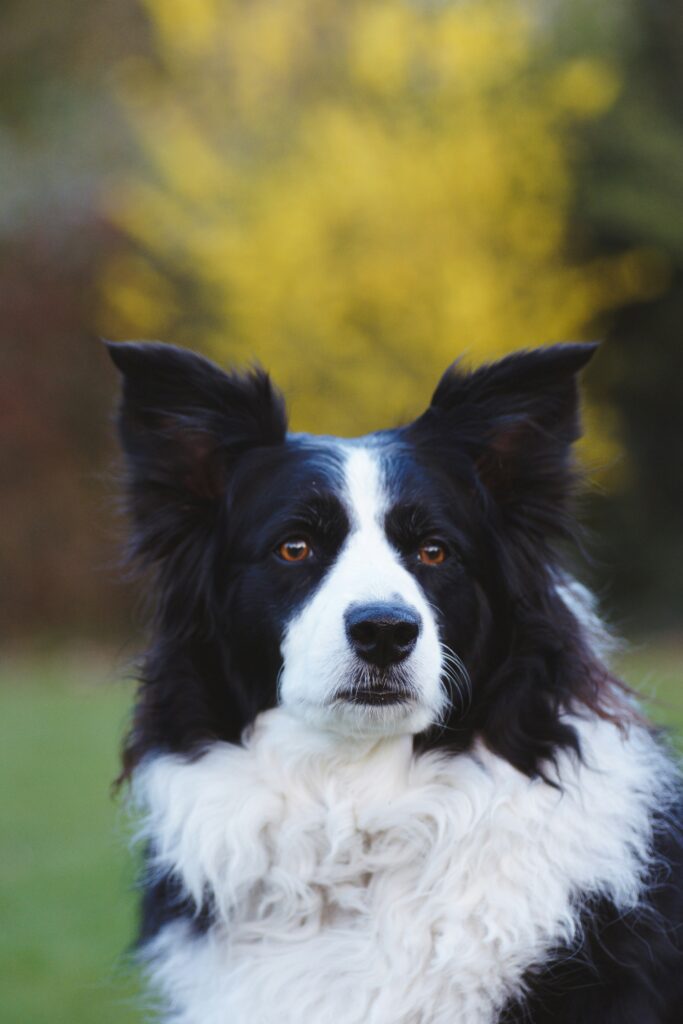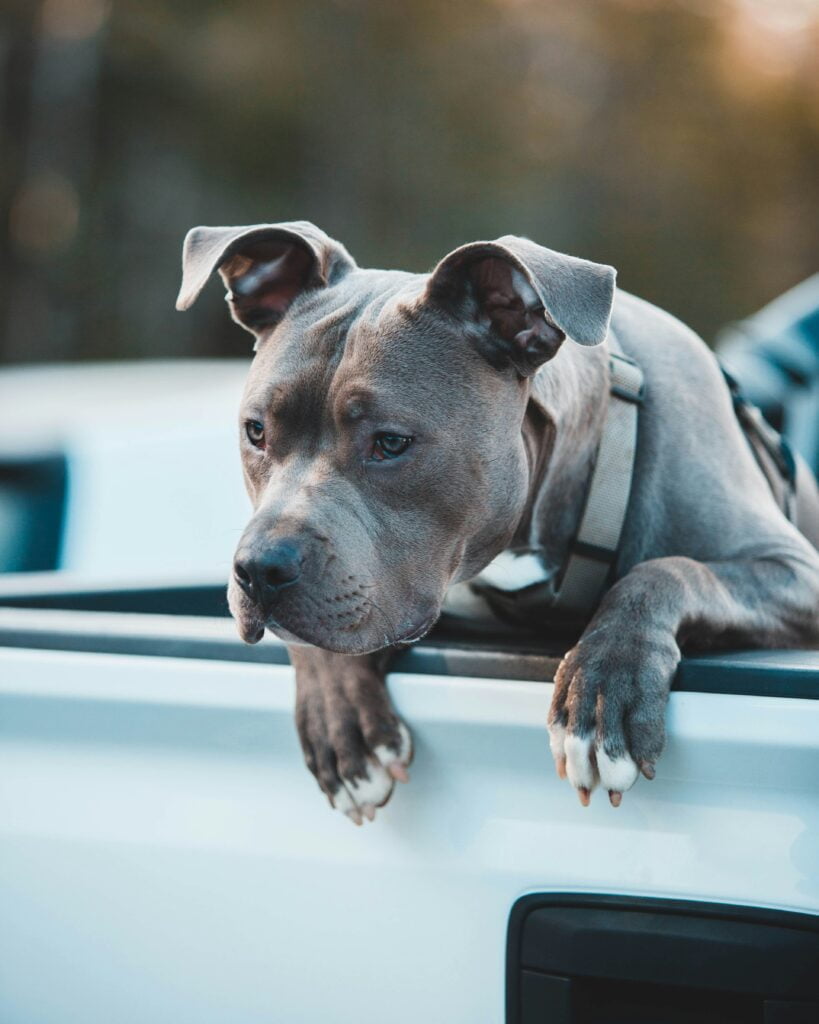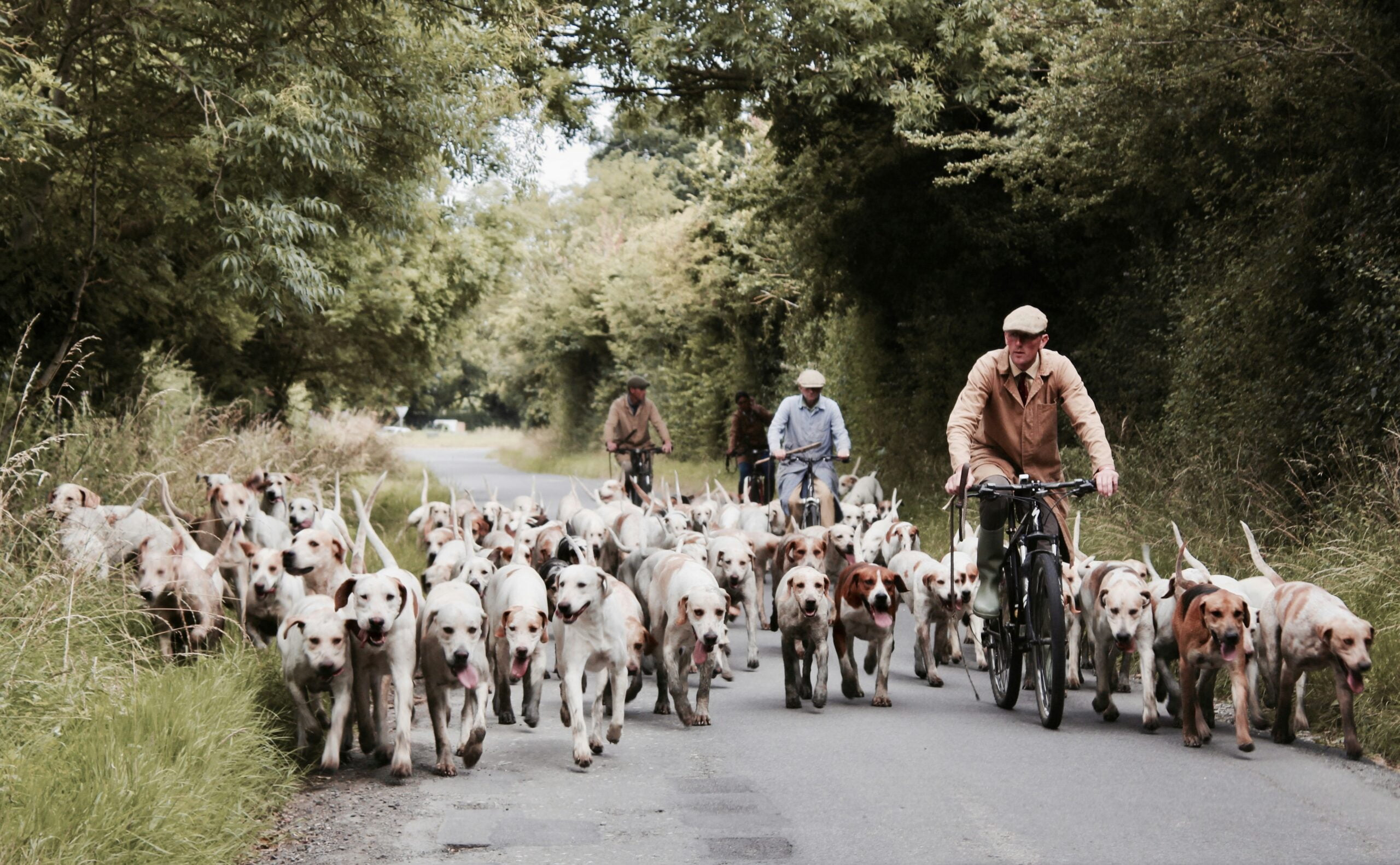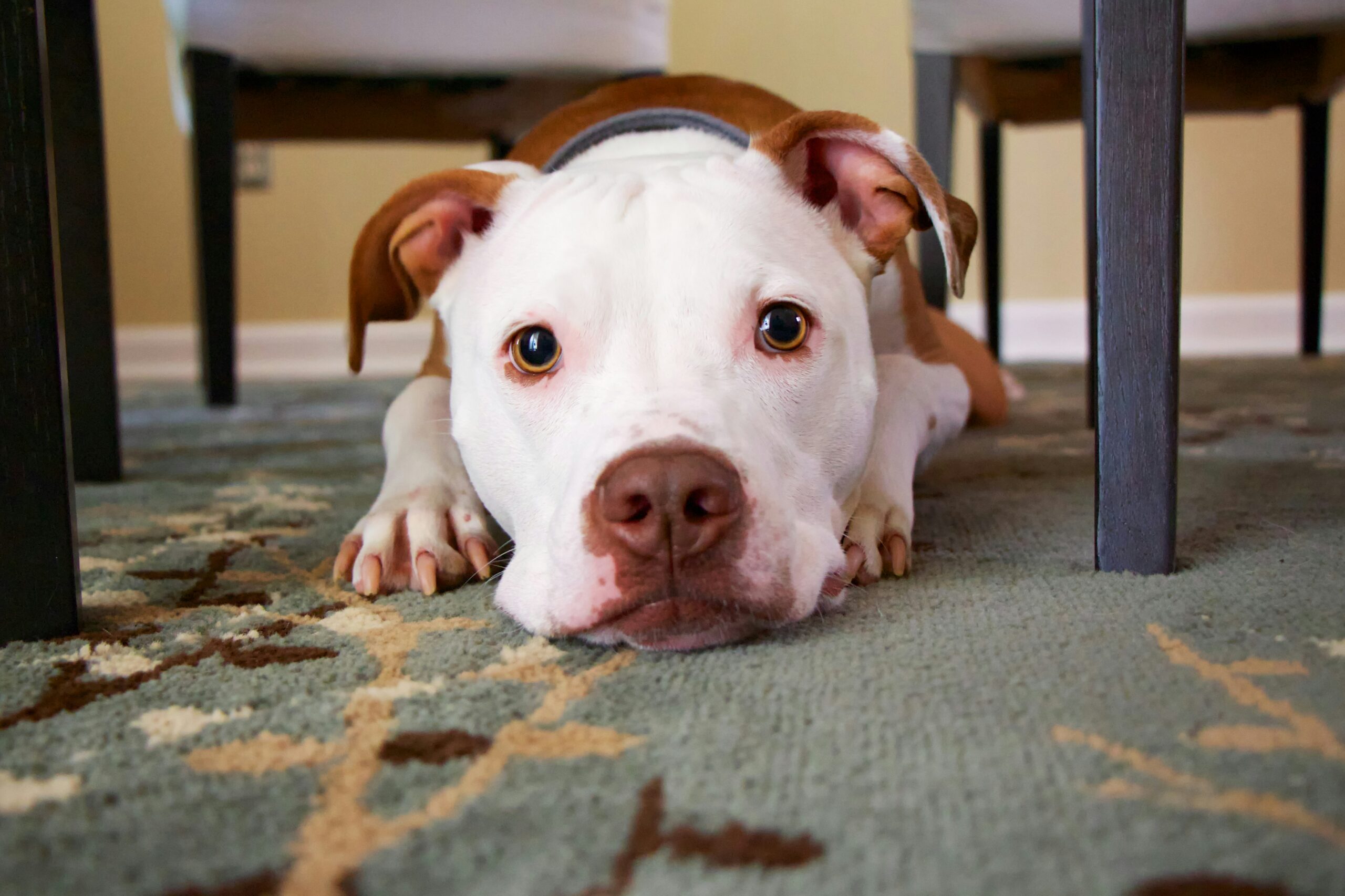Introduction
You’ve probably heard it countless times: “Golden Retrievers are friendly,” “Pit Bulls are aggressive,” or “Chihuahuas are yappy.” But have you ever stopped to wonder how much truth there is behind these statements? Dive into the world of dog breeds with us, and let’s debunk some myths together.

The Origin of Dog Breeds
Before we delve into the intricacies of dog personalities, it’s essential to understand where these breeds come from.
Dogs, as you might know, were domesticated from wolves thousands of years ago. Over time, humans selectively bred them for specific tasks like hunting, herding, or guarding. This led to the creation of various breeds, each with its physical characteristics. But does this mean their personalities are as distinct as their appearances? Let’s find out.

The Stereotypes and Their Origins
Every time you watch a movie or read a book, certain dog breeds are portrayed in specific roles. Rottweilers as the fierce guard dogs, Dalmatians as the brave firehouse mascots, and Collies as the loyal companions. These stereotypes didn’t appear out of thin air. They have origins, often rooted in the jobs these dogs were initially bred for. But remember, just as you wouldn’t want to be pigeonholed based on your ancestry, dogs deserve the same consideration.
The Science Behind Dog Personalities
You might be thinking, “There has to be some truth behind these stereotypes, right?” Well, let’s see what science has to say.
Genetics vs. Environment
While genetics play a role in determining a dog’s behavior, the environment and upbringing have a significant impact. For instance, a Golden Retriever might have a genetic predisposition to be friendly. However, if it’s raised in an abusive environment, it might become aggressive or fearful.
Similarly, a breed stereotyped as “aggressive” can be the sweetest dog if raised in a loving, well-socialized environment. So, the next time you meet a Pit Bull, remember: it’s not the breed but the upbringing that plays a pivotal role in its behavior.

The Role of Training
Training is another crucial factor. You’ve probably seen or heard of dogs performing incredible feats, from rescuing people to dancing to music. These skills aren’t inherent to any breed. They’re a result of consistent training and a strong bond between the dog and its owner.
Debunking Common Myths
Let’s tackle some of the most common myths head-on.
“Aggressive Breeds”
The term “aggressive breeds” is a misnomer. No breed is inherently aggressive. As mentioned earlier, upbringing and environment play a significant role. Moreover, labeling a breed as “aggressive” can lead to tragic consequences, like breed-specific legislation or unnecessary euthanasia.
“Hypoallergenic Dogs”
You’ve probably heard of breeds that are “hypoallergenic,” perfect for people with allergies. While some breeds shed less and produce fewer allergens, no breed is entirely hypoallergenic. It’s always best to spend time with a dog before bringing it home if you have allergies.
“Old Dogs Can’t Learn New Tricks”
Age is just a number, even for dogs. While puppies might be more malleable, older dogs can learn and adapt. It might take a bit more patience and consistency, but it’s entirely possible.
The Complexity of Canine Behavior
When we talk about dogs, it’s easy to fall into the trap of oversimplification. However, canine behavior is a complex interplay of genetics, environment, training, and individual personality.
The Nature vs. Nurture Debate
Just as in humans, the age-old debate of nature vs. nurture applies to dogs. While certain breeds have been developed for specific tasks, it’s a mistake to assume that every member of that breed will exhibit the same behavior. For instance, not every Border Collie will have a strong herding instinct, and not every Beagle will be driven by its nose.
Socialization and Its Impact
Socialization, or the process of exposing puppies to various people, places, and experiences, plays a crucial role in shaping a dog’s behavior. A well-socialized dog, regardless of its breed, is more likely to be well-adjusted and less fearful or aggressive in unfamiliar situations.
The Dangers of Breed Stereotyping
When we stereotype based on breed, we’re not just doing a disservice to dogs; we’re potentially putting them in danger.

The Pit Bull Controversy
Pit Bulls are perhaps the most stigmatized breed. Often labeled as “dangerous” or “aggressive,” they face breed bans in many cities. However, studies have shown that breed-specific legislation doesn’t reduce dog attacks. Instead, it leads to the unnecessary euthanization of countless innocent dogs.
The Misunderstood Breeds
Apart from Pit Bulls, several other breeds like Dobermans, Rottweilers, and German Shepherds often face prejudice. These breeds, when raised in loving homes, can be as gentle and affectionate as any other.
The Role of Media and Pop Culture
Media plays a significant role in shaping our perceptions. From the loyal Lassie to the menacing Jaws, how dogs are portrayed in movies, TV shows, and news impacts public opinion.
The Positive Icons
Dogs like Hachiko, the loyal Akita who waited for his deceased owner for years, or Balto, the Siberian Husky who saved a town, showcase the positive side of dogs and their unwavering loyalty.
The Negative Portrayals
On the flip side, movies like “Cujo” or sensationalized news reports about dog attacks contribute to the negative stereotyping of certain breeds.

The Way Forward: Educate, Advocate, and Celebrate
To break the cycle of prejudice and misinformation, we need a multi-pronged approach.
Educate
Awareness is the first step. By understanding that behavior is not solely determined by breed and spreading this knowledge, we can start to change perceptions.
Advocate
Supporting organizations that work against breed-specific legislation and advocating for fair treatment of all dogs, regardless of their breed, can make a significant difference.
Celebrate
Every dog, irrespective of its breed, has its unique quirks and personality traits. By celebrating these individualities, we not only enrich our bond with our furry friends but also challenge the prevailing stereotypes.
Conclusion: Embrace Individuality
Dogs, like humans, are individuals. While understanding breed characteristics can provide a foundation, it’s essential to treat each dog as an individual. By doing so, you’ll not only build a stronger bond but also contribute to breaking down harmful stereotypes.
Remember, the next time you’re considering adopting a dog or meeting one at the park, approach with an open mind. Look beyond the breed and see the individual. You might be surprised at the wonderful personality waiting to be discovered.

Enjoyed reading this article? There’s plenty more where that came from! Check out our blog for more insightful articles and tips about your furry friends. Here are a few you might find interesting:
– Pet Friendly Hotels Near Lax Airport
– Top Organic Dog Foods of 2023: Nourishing Your Dog Naturally
– How to Protect Your Dog from Foxtails in Los Angeles
– Unlocking the Benefits of Premium Dog Vitamin Supplements
– The Top 5 Dog-Friendly Hotels in Beverly Hills, CA
– Top 10 Dog Breeds Active Families
– The Ultimate Puppy Pad Showdown!
Keep exploring and learning with Trusty Paws!
